
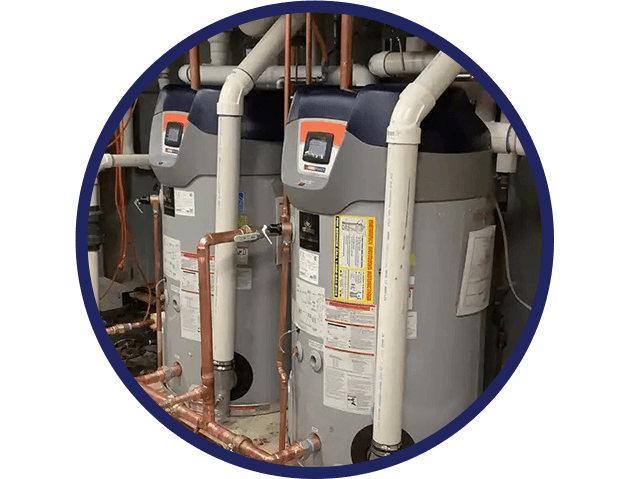
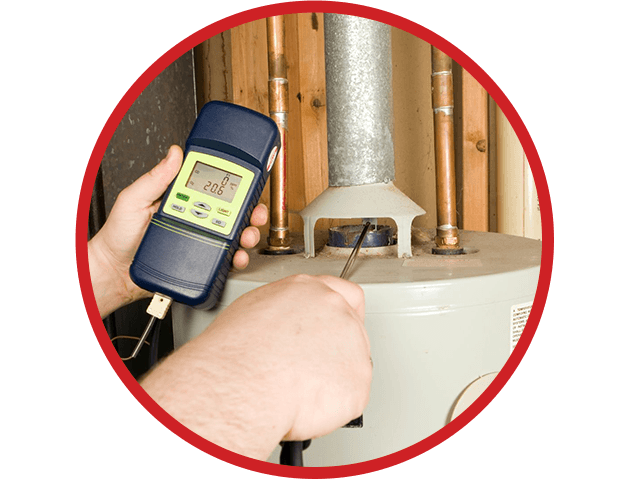
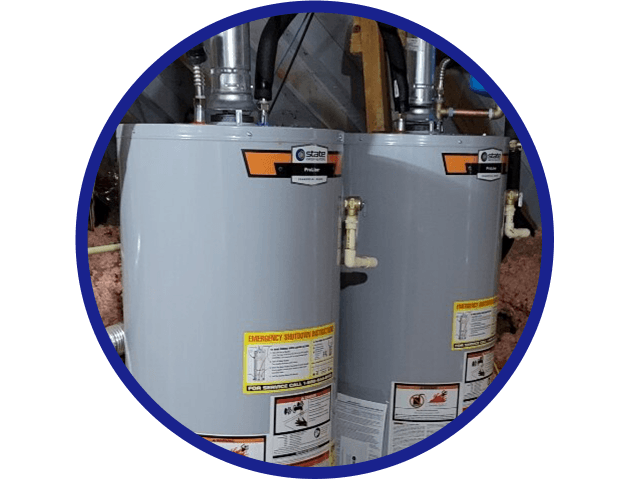
Your Questions, Our Answers.
-
What’s the Difference Between Conventional and Tankless Water Heaters?
Conventional water heaters are defined by their signature tanks. These tanks are used to pre-heat and maintain a ready-to-go supply of hot water. This means that they can provide hot water immediately whenever it’s needed, but it also means that that reservoir can run out, leaving you without heated water.
Tankless hot water heaters, as the name implies, lack a tank, and thus cannot maintain a reservoir of pre-heated water. Instead, they use heat transfer technology to heat water as it moves through your pipes. While it takes a bit longer for tankless water heaters to heat water and deliver it to your appliances and fixtures, once your water is hot, it will stay hot as long as you need it to — there’s no limited supply that you have to worry about exhausting.
-
Do I Need a Specialized Technician to Service My Commercial Water Heater?
Commercial water heaters can come in either tank or tankless varieties but are almost always designed to operate at a much larger scale. Depending on the type of commercial property they service, commercial water heaters may need to provide water to specialized equipment or enough fixtures to stock multiple homes or offices.
If commercial hot water heaters are just larger versions of their residential counterparts, can they be serviced by the same technicians? We wouldn’t recommend it. These water heaters are often hooked up to intricate and specialized plumbing systems that require experience to navigate. Plus, with their large size, commercial water heaters require extra skills to handle and clean thoroughly. We recommend that you always get your commercial water heater services from a team with experience working with these specialized pieces of equipment.
-
Why Do I Keep Running Out of Hot Water?
If your water turns cold or lukewarm in the middle of your task, or if you experience flashes of cold water in your hot shower, you may be wondering what the cause of the issue is. The most likely explanation is that you’re using hot water faster than your water heater can generate it. This can happen if you’re using multiple appliances and fixtures at once, and it’s especially likely if your water heater is malfunctioning or worn down.
So what kinds of issues can cause you to run out of hot water faster than usual? First, there’s your heat source. In a conventional water heater, this is probably your pilot light, while in a tankless water heater, this would be your heat exchanger. If your heat source is faulty, it’s harder for your unit to heat water. Another likely culprit is sediment buildup in a conventional water heater, which takes up valuable space in your tank and can even clog up your pipes and affect your water pressure.
At the end of the day, there are a lot of issues that can cause you to run out of hot water faster and more frequently, and not all of them are things you can diagnose and resolve on your own. If running out of hot water has become a common problem, call our hot water heater specialists to get your unit fixed.

work with a team of professionals!
Locally Owned and Operated
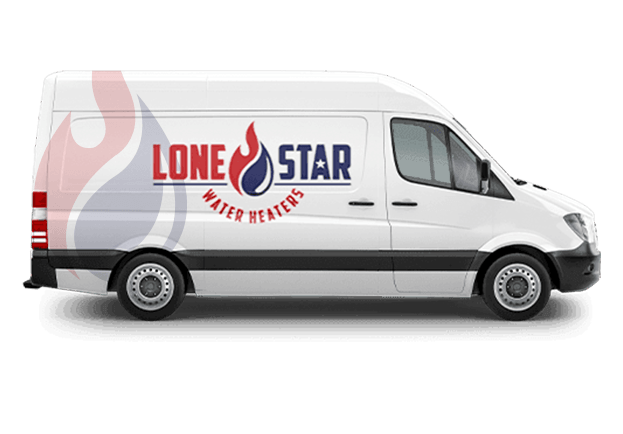
-
Emergency Services Available
-
Detail Oriented & Professional
-
Customer Care Focused
-
Quality Material & Products
Are Tankless or Traditional Water Heaters Better?
Just like with the choice between gas and electric, deciding whether to install a traditional water heater or instead go with a modern tankless solution will depend on factors unique to your property and situation.
Tankless water heaters--also known as on-demand systems--provide hot water only when it's needed, which can result in significant energy savings. Their compact design is often ideal for properties with limited space, allowing for installation in tight areas like closets or utility rooms. The tankless option can be both a space and cost-efficient solution for modern high-efficiency homes or commercial buildings with fluctuating hot water needs.
Conversely, traditional water heaters with storage tanks are known for delivering a steady supply of hot water, which is advantageous for larger families or businesses with consistent hot water usage. These systems are generally more straightforward to repair and maintain, and their initial installation costs are typically lower than those of tankless units. Traditional tank water heaters can offer the reliability and capacity needed to meet daily demands for older homes in Irving or businesses that require a large reserve of hot water.
Call us at (888) 904-4239 for water heater services near you.
-
"Doesn’t get any better than that!"Less than 24 hours, problem solved by a friendly, knowledgeable professional who does impeccable work and left my garage area cleaner than when he started!- Pat P.
-
"Will definitely use again when needed!"Thank you Lonestar Water Heaters!- Alan G.
-
"Dylan was incredibly efficient, knowledgeable, and kind!"We will definitely be using them again.- Kate G.
-
"Very highly recommended!"Maybe the most positive experience I've ever had with an in-home installation service!- Leonard S.
-
"5 Stars - Excellent Service!"They were quick to respond, sending a technician the same day! Dylan, the tech, was awesome—professional, kind, and clear in explaining the issue and the solution.- Cruz
-
"I had a great experience with Lonestar Water Hearers."I HIGHLY recommend Lonestar for any and all water heater needs in the Dallas area.- Lindsey D.
-
"We will recommend Lonestar Water Heaters & Dylan to everyone we know."Dylan came out right away and fixed our water heater at a great price. He was very professional, knowledgeable, explained things in detail, but in a way I could easily understand.
-
"Hands down the best repair business!"If you are looking for a honest, reliable, respectful, knowledgeable and trustworthy company this is definitely the one.- Hope P.
The Difference Between Gas and Electric Water Heaters
Choosing between a gas or electric water heater depends on various factors, including energy efficiency, installation costs, and your property's specific requirements.
Gas water heaters are often favored for their ability to quickly heat large volumes of water, making them ideal for commercial properties or larger homes with high hot water demand. They generally offer lower operational costs over the long haul.
On the other hand, electric water heaters are prized for their simplicity and ease of installation. They don't require venting systems like their gas counterparts, making them a great choice for smaller residential properties or spaces where gas lines are not readily available. Electric models are also known for their energy efficiency and reliability, as they maintain a consistent temperature with minimal fluctuation. For landlords and owners of multi-unit properties, electric water heaters can offer a low-maintenance solution that keeps tenants satisfied.
Call us at (888) 904-4239 for water heater services near you.
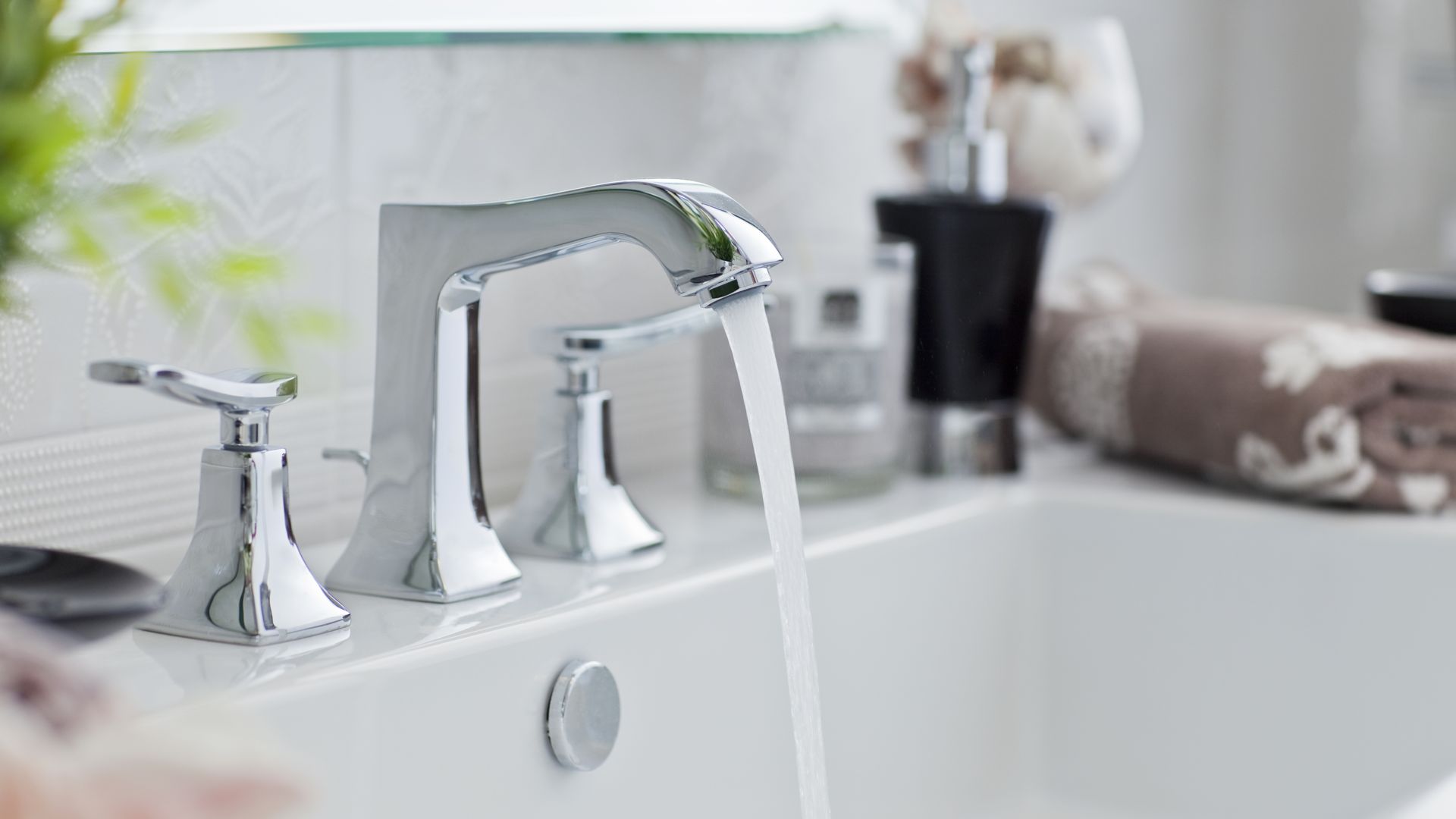
.2502180200462.jpg)
.2411210147490.jpg)
.2409271344260.jpg)